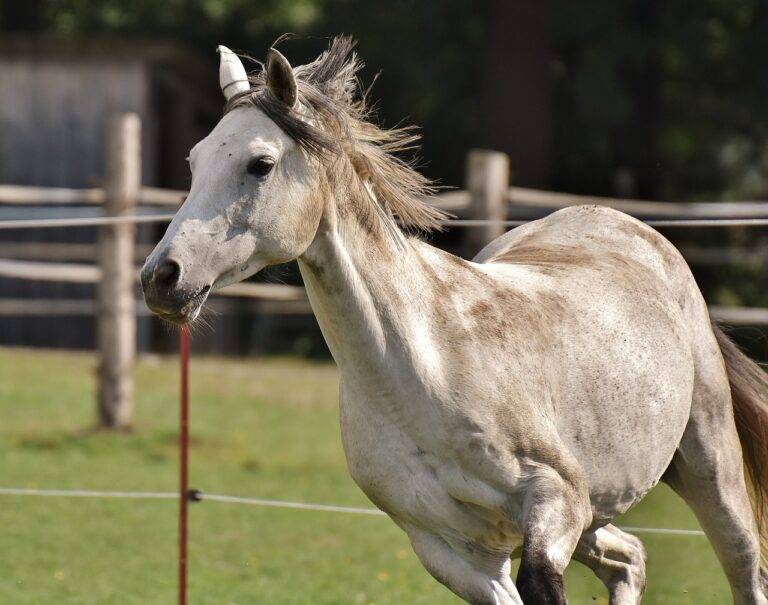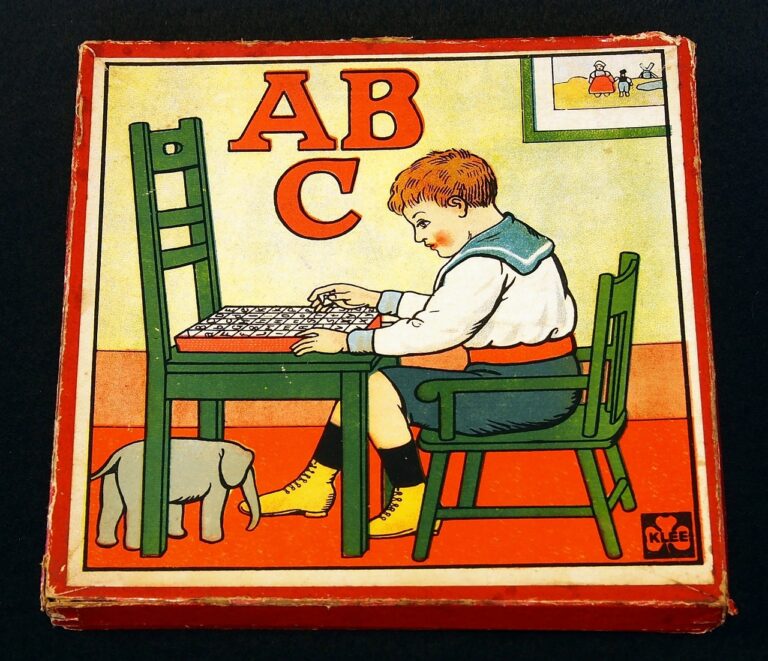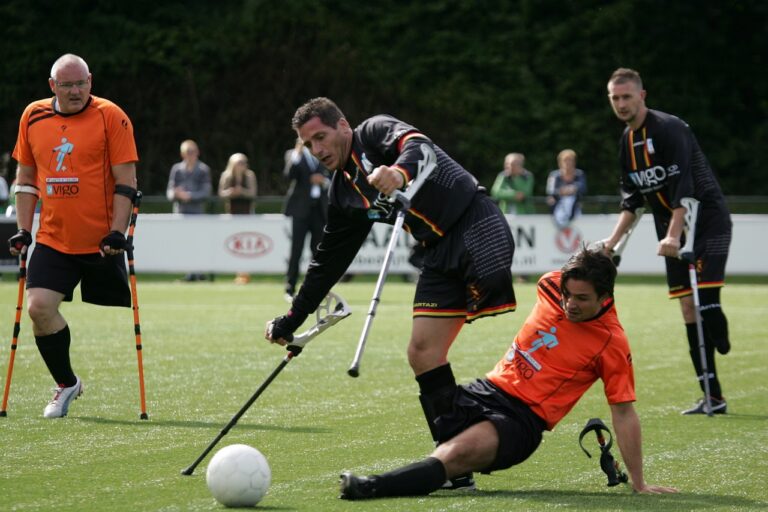The Art of Improvisation: Techniques for Interactive Performers: Betbhai.com sign up, Playexch in live login, Gold365 login
betbhai.com sign up, playexch in live login, gold365 login: The art of improvisation is a skill that is essential for interactive performers such as actors, musicians, and comedians. Being able to think on your feet and adapt to unexpected situations is crucial for keeping audiences engaged and entertained. In this blog post, we’ll explore some techniques for honing your improvisational skills and becoming a more dynamic performer.
1. Stay Present
One of the most important skills for improvisers is the ability to stay present in the moment. It’s easy to get caught up in your head or to worry about future outcomes, but in order to truly be in the moment and react authentically, you must stay present and focused on what is happening right now.
2. Listen
Listening is another key skill for improvisers. Paying attention to your scene partners, the audience, and your surroundings will help you react more authentically and make more informed decisions. Remember, improvisation is a collaborative art form, so make sure you are actively listening to those around you.
3. Yes, And…
The concept of “Yes, and…” is a foundational principle of improvisation. When your scene partner presents an idea or suggestion, instead of shutting it down or negating it, you should accept it (“Yes”) and then build upon it (“And…”). This technique helps to keep scenes moving forward and fosters a spirit of collaboration.
4. Embrace Mistakes
Mistakes are a natural part of improvisation, and learning to embrace them is crucial for growth as a performer. Instead of dwelling on a botched line or missed cue, use it as an opportunity to explore new avenues and push yourself creatively.
5. Play to Your Strengths
While improvisation is all about thinking on your feet, it’s also important to play to your strengths as a performer. Whether you excel at physical comedy, wordplay, or character work, lean into your unique abilities to bring depth and authenticity to your performances.
6. Practice, Practice, Practice
Like any skill, improvisation takes practice. Whether you’re participating in improv classes, attending workshops, or just performing regularly, the more you practice, the more comfortable and confident you will become as an improviser.
FAQs
Q: Can anyone learn to improvise?
A: Yes! While some people may have a natural talent for improvisation, anyone can learn the basics with practice and dedication.
Q: What if I freeze up during a performance?
A: Don’t panic! Take a deep breath, focus on the present moment, and remember to listen to your scene partners. If all else fails, remember the “Yes, and…” rule and build off of whatever has been presented.
Q: How do I know when to end a scene?
A: Trust your instincts and the energy of the scene. Look for a natural conclusion or a moment of resolution, and don’t be afraid to take risks and experiment with different ways of ending a scene.
In conclusion, the art of improvisation is a valuable skill for interactive performers of all kinds. By staying present, listening, embracing mistakes, playing to your strengths, and practicing regularly, you can become a more confident and dynamic improviser. Remember to trust your instincts, take risks, and above all, have fun on stage!







